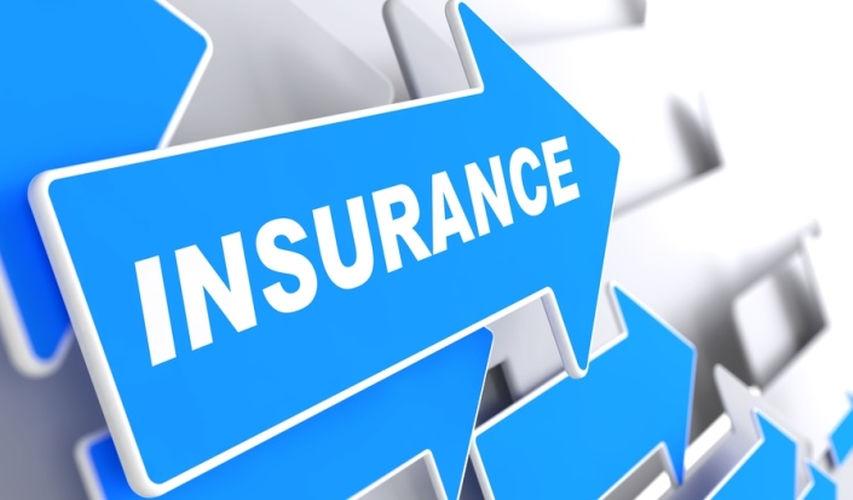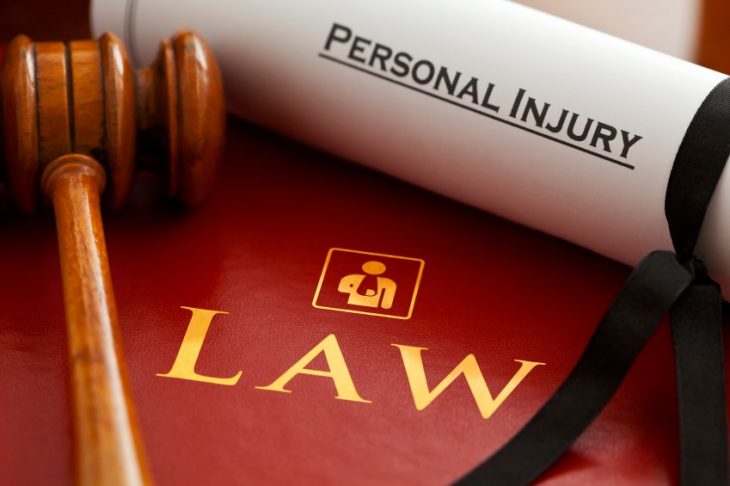We always recommend going to see a doctor right after any type of accident. Although you may not feel injured, it’s possible for injuries to show up days and weeks later. Many people try to “tough it out” and wait to see by the doctor. By that point, it may be too late for a personal injury attorney to help you .
But going to the doctor right away is only the first step. Unlike when we have a cold, there isn’t going to be an insurance adjuster or lawyer combing through your medical records trying to find a way to defend or deny your claim. The personal injury context is very different.
Unfortunately, even innocent accident injury victims can ruin their cases by what they say (and don’t say) at their doctors. While you may know you’re injured and what you’re experiencing if it’s left out of your records, you won’t be able to claim that injury later down the road.
The following is a list of things that you must absolutely follow when dealing with any medical providers after a collision.
1. Be honest with your doctors
Honesty is always the best policy. Don’t try to fake, exaggerate, or malinger (act as if the injury still exists when it doesn’t). Doctors and insurance adjusters can typically see when these things are going on. If you aren’t honest, you will lose credibility and it can ruin your case.
You want to be honest and upfront about the injuries and symptoms you’re experiencing. Don’t leave anything out. If you don’t tell the doctor, it will be as if it doesn’t exist. Although it can be tedious, explain symptoms and everyday limitations so they’re written down in your medical records.
2. Don’t wait to seek treatment after the accident
The longer you wait to see a doctor, the higher the chance your claim will be denied. A big red flag for insurance companies is an extended period of time between the injury and doctor’s appointment.
Additionally, if you plan to meet with a personal injury attorney , you should make sure you get medical attention first. This is because if your case goes to trial, the defense attorney can make it look as if your legal claim was more important than your health.
3. Don’t miss appointments or stop treatment too early
Insurance adjusters will immediately look at your medical records for a “DNS” notation. This means “did not show.” This gives the insurance company an open door to argue that you weren’t as injured as you claim and you didn’t care about getting better.
When you miss or are late to appointments, you also irritate your doctor or therapist. If your case doesn’t settle and you go to trial, an irritated doctor or therapist likely won’t make the best witness.
We know that your other duties in life don’t stop just because of the injury. If you aren’t able to make an appointment, make sure to call ahead and re-schedule. Just try to make sure that too much time doesn’t lapse between them.
This also includes following doctor’s orders for your treatment. If you return to work too soon and re-injure yourself, that part of your claim may be denied.
4. When asked about the accident, stick to what you know
Your doctor(s) will ask you about the accident when you go into your first appointment. They’ll likely have a form for you to fill out explaining what happened in the accident. It will include things like if you had a seatbelt on, where you were sitting, what your head hit, etc.
Many times, accidents happen so quickly that we’re unaware of exactly what happened. Sometimes these facts don’t come out until later. The days and weeks after an accident are a stressful and confusing time and your memory might be foggy.
When a doctor asks you the following, you shouldn’t assume or estimate:
• The speed of the car who hit you
• How far your car was pushed
• How much damage there was to the other vehicle
These can go into your medical records and be used by the insurance company’s defense attorney against you. Although you may not be looking to embellish or exaggerate, if you said the car that hit you was going 50 mph, but evidence shows 15-20 mph, they will use it to hurt your credibility.
Bottom line is to stick to the facts you know for sure and don’t guess.
5. Keep a Car Accident Journal
Although it’s a little tedious, a journal goes a long way to show how the wreck affected you physically, emotionally, and financially.
By keeping a journal of all the ways the accident changed your life, it will help strengthen your case. Include everyday things affected by the accident like driving, errands, yard work, sports, finances, moods, emotions, etc. and pain associated with these.
As time goes by, it can be harder to remember back 1-2 years if asked about your pain even though you’re living it now. You can also take the journal to the doctor so you don’t forget any symptoms or pain.
Sacramento Car Accident Lawyer
My name is Dan Hanecak and I am a Sacramento personal injury attorney. If you’ve been injured by someone else’s negligence, we can help.
When you call our law office you will speak with me directly about your case. We aren’t like other firms that pass our clients off to paralegals. We deal directly with our clients starting with the very first phone call.
I will answer your questions and provide you with free and friendly advice. And if we can’t take your case, I will do my best to help direct you where you need to look.
Call me today and we can discuss your case at no cost to you. I can be reached at (916) 619-5452 or you fill out the form on our website and I’ll call you back personally.






